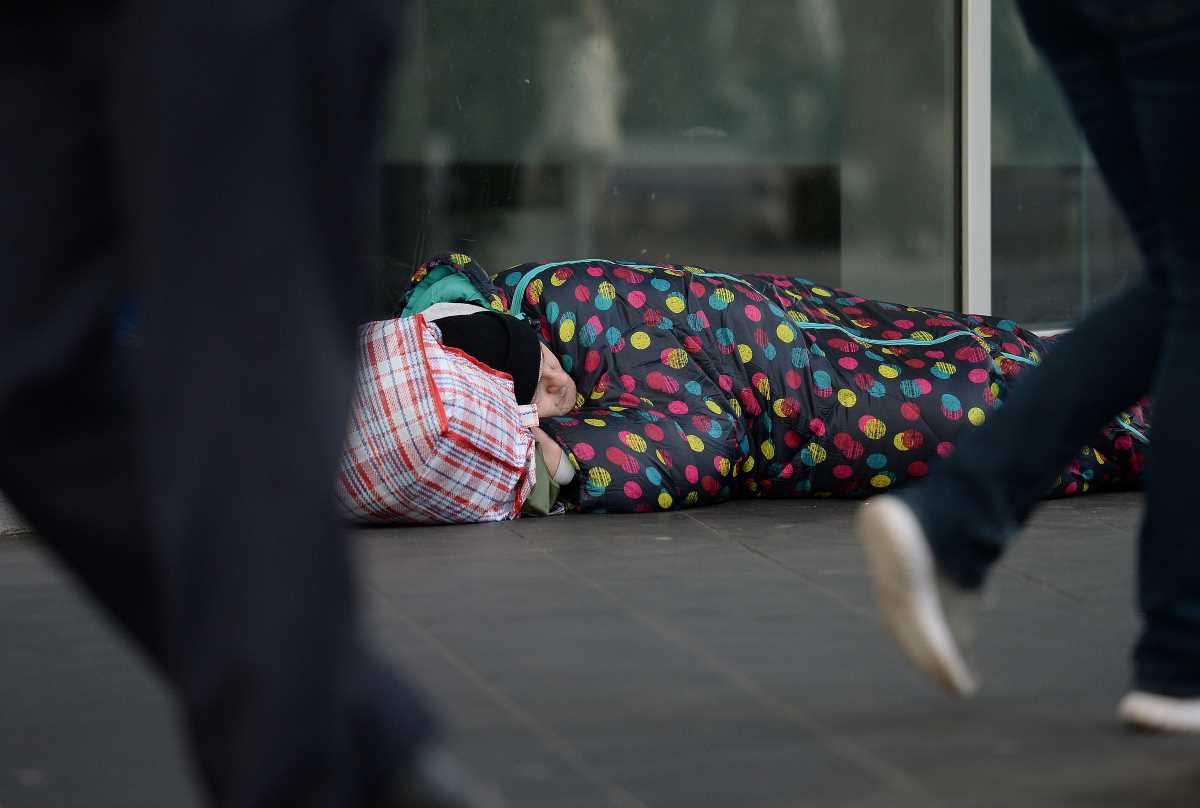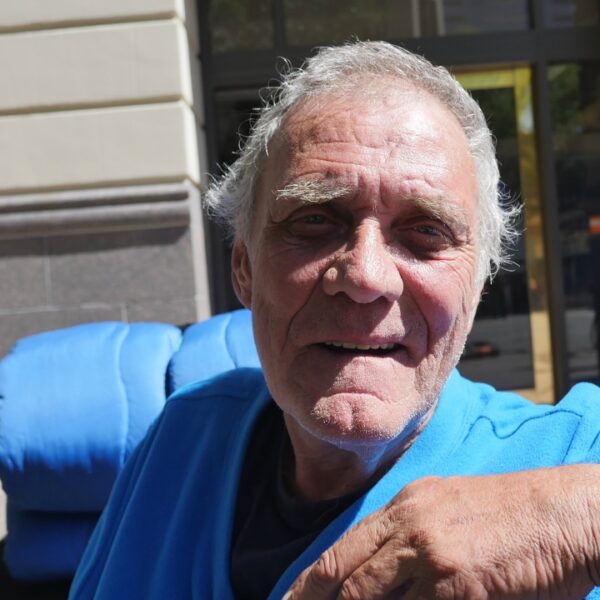It is a sad day in the UK when eviction bans for businesses have been extended while 1.9 million private renters are left in limbo as their eviction moratoriums come to a close.
Before the coronavirus pandemic, nearly 500,000 private renter households were at risk for homelessness by way of eviction. Now, in the wake of economic hardship, that number has almost quadrupled to nearly 2 million private renters. Housing advocates are calling it the “cliff’s edge.” Many worry there is no way to bridge the gap.
An Inadmissible Situation Commences Against Housing Advocate Concerns
In the USA, where the end to eviction moratorium is also a highly anticipated event, the number of at-risk renters dramatically decreased in the post-COVID-19 era. The opposite, however, is true in the UK. The ban has been shorter even though the number of renters vulnerable to homelessness has drastically increased.
Shadow Housing Secretary Lucy Powell sounded off on the injustice, stating:
“The government is willfully walking into an evictions crisis.”
A government spokesperson countered the accusation, claiming that renters had been provided substantial support to help them through the crisis. The numbers, however, tell a very different story.
Studies Suggest the Move to End Nationwide Eviction Could Cost Taxpayers Upwards of £2.2bn. It Will Cost Renters Everything They Have.
Studies show that without a doubt, there is everything to lose from this decision. It equates to a hefty price tag for taxpayers and an unfathomable cost for families who become evicted. As it stands, the available data on renters is stark, a testament to the gravity of this hasty, irresponsible decision. Below is a brief overview of the state of private renters in post-eviction England:
- 72% of England’s private renters fear not being able to find housing in the near future
- 47% of renters surveyed by Shelter report making life-altering compromises to remain housed during the crisis. These choices include but are not limited to doubling up in crowded dwelling spaces and relocating to far-off regions that take them away from family, friends, jobs, etc.
- 20% of survey participants report having to go without food or heat to remain housed
Starvation, overcrowding, freezing, and isolating away from all that is familiar are just some of the compromises these brave renters have had to endure. Note that these conditions were taking place while the eviction ban was still in effect and being enforced. Now, with no legal legislation to protect them, they must venture out into an uncertain economy unarmed and unprepared.
This is unacceptable. In a cruel, ironic twist, it gets worse.
While Renters Struggle to Make Do, and Taxpayers Pick up the Tab, Corporations Enjoy 9 More Months of Protection from Eviction
Award-winning poet Maya Angelou once famously said, “when someone shows you who they are, believe them.”
What we are witnessing here is a classic example of a government showing exactly who they really are. The move to protect corporations from eviction for nine more months while leaving millions of families straddling the edge of homelessness speaks volumes about who these legislative forces truly serve.
Chief Executive for Shelter, the organization that released this data, sums things up with the following statement:
“The next few months present a scary time for the hundreds of thousands of renters who are in debt and already cutting back on just about everything, including food, to pay their rent. They know they are hanging on to their homes by a thread. The clock is now ticking for the government to stem the tide of evictions or face an even bigger homelessness crisis.”
Other Protections Meant to Function in Tandem with the Now Defunct Eviction Ban are Failing on their Own
Authorities in support of lifting the ban on eviction for everyday renters often cite the safeguards of other government-implemented programs. Some of the most common of these include:
The Coronavirus Job Retention Scheme. This program provides laid-off workers with a fraction of the compensation they’re accustomed to receiving. The precise number here is 80%. Without an eviction moratorium, an average UK worker who is missing 20% of their income could most certainly lapse into homelessness as a result. This program is also limited in distribution and suggests that self-employed individuals seek aid elsewhere. They offer no suggestions regarding where that aid might be found.
Universal Credit. This is a rental payment program that is often the most cited excuse for lifting the ban. At first glance, the program might seem sufficient as a stand-alone piece of legislation to protect renters from eviction. However, a closer look into the guidelines reveals that “payments are entirely at local authority discretion.”
As you can see from the above information, the fate of nearly 2 million private renters has just been placed in the hands of local authorities who will decide who to crush and who to let go. Meanwhile, corporate entities who have been amassing wealth and equity for the duration of the international public health crisis will go on to enjoy all the protections renters are being denied.













